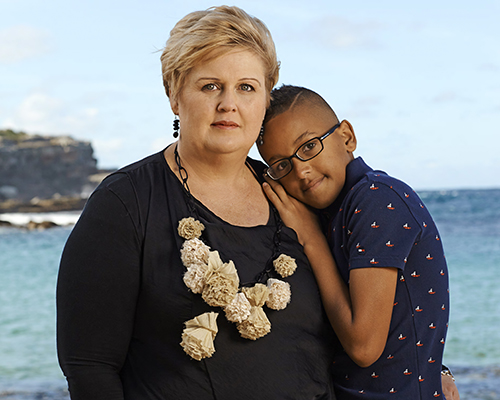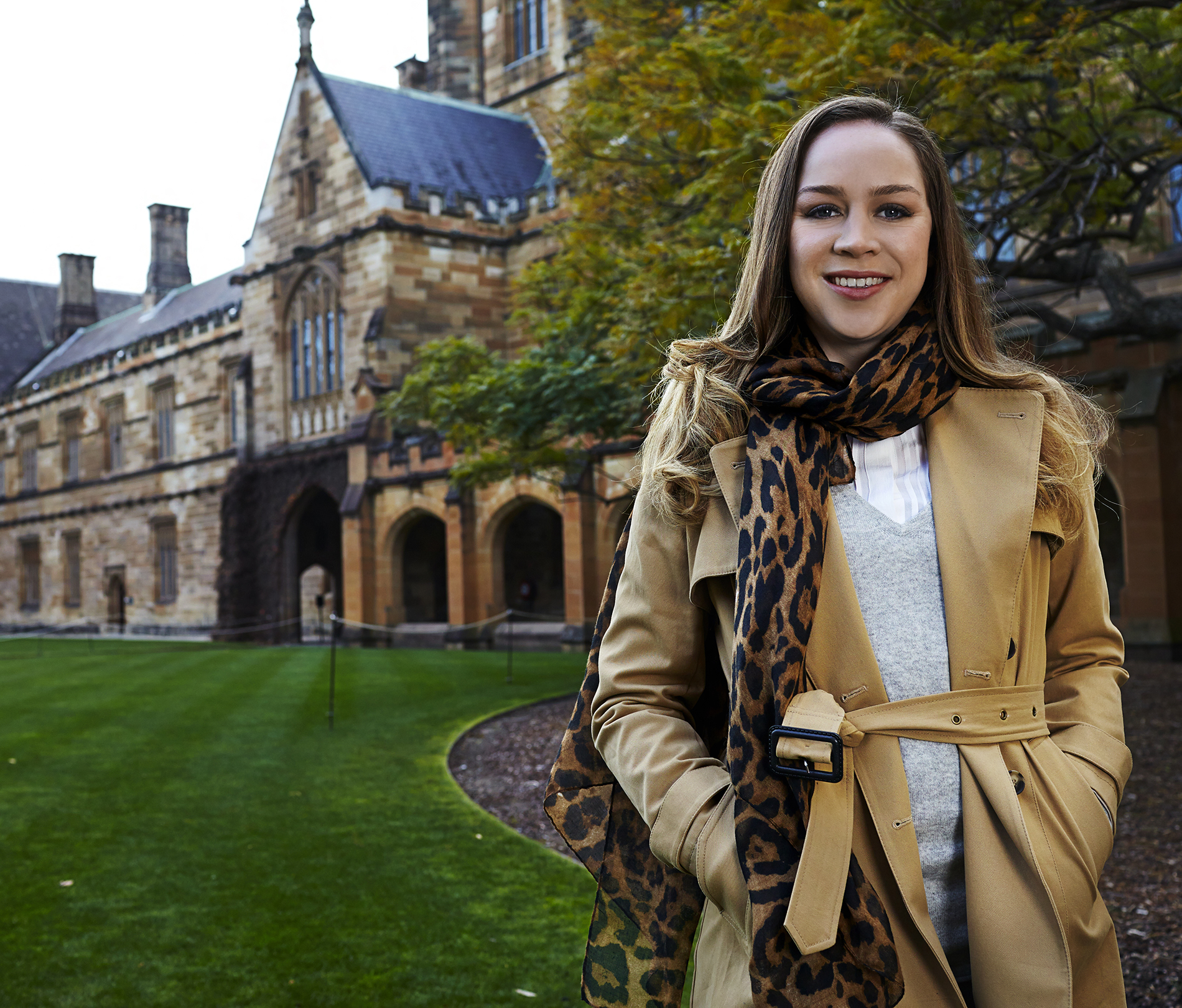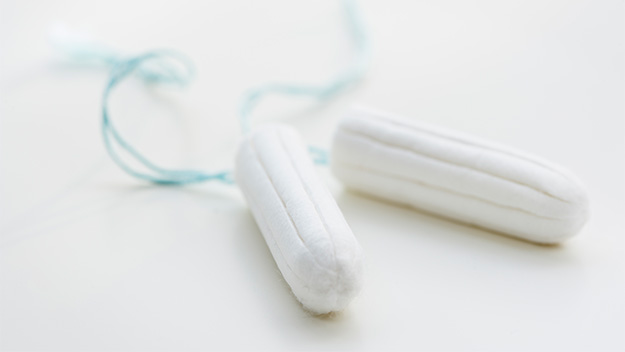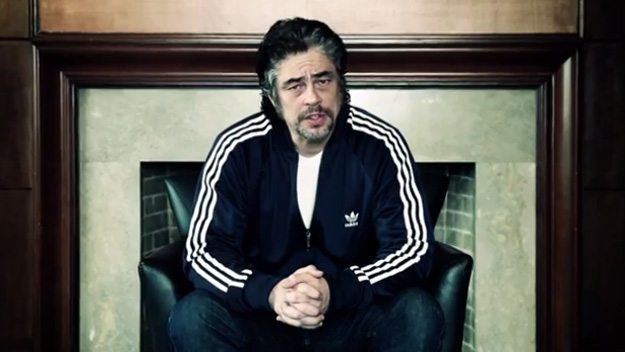Statistics show that more than 2,700 Australian women – mothers, sisters and daughters – are living with HIV. You might not think you know anyone, but these five women, who are bravely speaking out to de-stigmatise the disease, will make you think again.
Abby Landy, 24
Abby Landy was deeply suspicious something was wrong when, at 23, she developed cold sores for the first time in her life. The busy law student went to see her GP saying that coincidentally, she was so tired she could barely get out of bed.
It was a week after she’d broken up with her boyfriend.
The GP dismissed Abby’s concerns but at her insistence, gave her a sexual health screening to be on the safe side – which she now knows does not include testing for HIV. The results were good, but Abby wasn’t getting any better, she could barely stand up and a mysterious rash was spreading over her body.
She took herself to a nearby hospital emergency department and was given a script for an antihistamine and told to go home. But her mind still wasn’t at ease.
“I’ve never had a cold sore ever and I was just getting sicker and sicker.”
She called her ex-boyfriend, but far from reassuring her, when he said, “don’t worry babe, at least you’ll remember me forever”, she panicked.
“I’d googled the symptoms, everything was pointing in the direction of HIV so I went back to my GP and insisted I have a test. She told me I was an Aussie girl, heterosexual, very low risk, not to worry. But when the clinic called and asked me to come back in urgently, in my heart I knew. My GP was almost in tears when she told me I had HIV. My first thought was ‘I don’t want to live with this'”.
Abby put her studies on hold and moved back in with her family to focus on getting well, she researched the virus heavily and found support groups for women like her, who offered companionship, education and understanding, and with advanced treatments she has recovered well.
“I think going to the support group was one of the best things I did because the women I met were all amazing and I come away feeling as if I wasn’t a victim, I realised I had nothing to moan about and most importantly that I wasn’t alone, other women were dealing with this too.”
Abby has made an impressive recovery. She is now in Sydney working full time as a legal assistant, and is finishing her law degree part time. In between work, study, meeting friends for drinks or going for a jog, she squeezes in time to speak publicly about her experience of being HIV positive.
“HIV is a human condition, it can affect anyone, it doesn’t discriminate. We all have to be agents for our own sexual health and it has to be on our radar that anyone can get HIV, even young Aussie heterosexuals. By talking about it and putting faces to it, we educate and it’s harder to hate.”

Cath Smith, 42
In many ways, being diagnosed with HIV was a lifesaving moment for Cath Smith. For almost a decade the vivacious office administrator had been silently suffering from depression that was at times so severe, she prayed before bed that she wouldn’t wake up in the morning.
In a moment of steely resolve, she decided to try and rebuild her self-esteem by doing small things that made her feel good about herself, like donating blood again, a tangible way of saving another’s life.
But when a security sealed letter arrived from the blood bank not long after her last donation, it dramatically changed the course of her life journey. Cath was HIV positive, she had contracted the virus from her ex-boyfriend.
Instead of diving into a darker state of mind, the diagnosis was the inspiration she needed to get up and live her life.
“That day I thought ‘Right, get up, get out of bed, start living your life, otherwise you’ll die. This is my purpose, this is what I’m here for, I’m not done yet’.”
She packed up her hectic city life and moved to the Victorian high country, looking to therapeutically rekindle her passion for horses and snow skiing, and in her ‘spare time’ she has made it her mission to empower other women to look after their sexual health. Cath is now a highly sought after speaker, who talks to community groups, young women and high school children about HIV.
She says the grim-reaper like attitudes of the 1980’s are still one of the biggest hurdles she faces.
“I’m a stigma warrior!” She smiles. “HIV is not the death sentence it once was and you won’t be infected by having physical contact with me! I am open about HIV.
“Young women need to know that it can happen to them, but they also need to know that whilst it is an immensely challenging place to find yourself in, HIV is just one small part of you, it doesn’t define who you are.”
She says it is vital that every woman knows her sexual health status, “Don’t assume you don’t have HIV, you need to be tested to know your status. If I can contract HIV anyone can.
“If my story stops one woman contracting HIV then I’ve achieved. By talking about it, I hope to empower other women to share their stories too.”

Rebecca Matheson, 45
“I don’t have time to be sick!” Says busy mum of three Rebecca Matheson. And she’s not joking. With children ranging in age from seventeen to three, the 45 year old Melbourne mum runs an unenviable diary. She works full time and spends most weekends behind the wheel of ‘mum’s taxi’ service, and if she’s not ferrying kids around to ballet, sport or social activities, they’re packing her house to its rafters.
“I have a house full of teenagers every weekend,” she laughs, “we are a very typical family.”
Rebecca has been living with HIV for more than 20 years. She was diagnosed with the virus after a backpacking holiday to Africa in 1994. She has defied the odds, and proudly pushed the boundaries.
She married, started a family, and has lived a healthy happy life, despite the dark cloud that hung over her initial diagnosis.
“I’m a mother, wife I’m involved in my community, and I just get on with my life every day, HIV doesn’t define me at all.”
“I’ve never had an AIDS defining illness, when I came home from Africa, I thought I had malaria, I didn’t imagine it would be HIV, but I’ve maintained my health, I look after myself and do everything I can to manage the virus.”
Disclosure, she says, is still one of the most challenging aspects of being HIV positive.
“I chose who I tell very carefully, I’m confident, I have a great support network around me but I’m well aware there are still huge misconceptions about HIV. I was lucky that my husband saw HIV as only a part of who I am.”
She says it’s important to speak out about the virus, because “we want people to know you can live well with HIV,” but warns that speaking out is also a double edged sword.
“We also still need to deter them from high risk activities. It’s not all rosy, modern medicine has come a long way but there’s still a long way to go, we are a long way from a cure and you need to still be careful about your sexual health.”

Michelle Wesley, 49
“I rang my parents and asked them to buy me a ticket back to Australia so I could come home and say goodbye to everyone. That was 24 years ago and I’m still here,” Michelle Wesley says proudly.
Michelle’s journey with HIV began when she was diagnosed in London in the late 1980’s. She’d been living out a dream backpacking when she landed in Italy, and firmly in with the wrong crowd.
Her bourgeois new European friends introduced her to heroin, and she quickly became addicted.
Michelle returned to London seeking help to overcome her addiction, which was successful, but three years down the track, she discovered she was HIV positive.
“It was shocking, unbelievable. A million thoughts went through my head and none at the same time, I was numb. I instantly felt shame, guilt and I felt dirty. I assumed I would get AIDS and die and my doctors told me I’d probably be dead within four years.”
“I was unaware of HIV, I’d heard about a group of men in San Francisco dying of AIDS but that was the extent of what I knew. There was no treatment, very little information and I was a woman with HIV which was rare, I was a minority within a minority, it was so isolating.”
Michelle developed an extreme case of shingles and became very ill, she suffered nerve damage and spent six months in a wheel chair alone and a world away from her family.
“I called my parents and asked them to bring me home so I could die in Australia,” she says frankly.
“I was living day by day and there was no sense of hope at all for my future.”
Her return home was the turning point. She began taking steps to recover, new medications became available and step by step she rebuilt her life. It took her eight painful years to get back on her feet, but she went back to school, re-established a career and today she says she is not just surviving, but thriving. She is passionate about community awareness of HIV and now works as a support co-ordinator at Positive Women Victoria.
“I’ve learned to live with HIV, I co-exist with it. I’ve now lived more years with HIV than without it,” she says, “I have a very rich, full, enjoyable life and I make the most of every day.”
Michelle says it’s the stigma that remains most challenging, “there’s still a great fear of HIV because of what’s gone before us, but we are all somebody’s daughter, someone’s sister. If I was walking down the street you wouldn’t know I had HIV, I’m just like you.”

Diane Nyoni, 45
Just three years ago, Diane Nyoni was dying. She’d been rushed to hospital so unwell, that doctors thought she had brain cancer. The single mother of four underwent emergency surgery to remove lesions from her brain but was shocked when doctors told her she didn’t have cancer at all, she was in fact suffering the effects of AIDS.
“I had absolutely no idea I had AIDS,” she says, “in hindsight it made sense, I’d been suffering a number of illnesses and my immune system wasn’t functioning at all. I’d had this lump on the side of my neck that wouldn’t go away and although I’d been going to the doctors to get help, I’d been misdiagnosed, I never imagined it was AIDS.”
Diane had contracted the virus from her ex-husband, she believes it was in the last few months of their relationship, when their son Izaiah, now 11, was conceived. The marriage ended before Izaiah was born and Diane worked hard to build a new life for her family, she went back to school, graduated and began a career working with women suffering domestic violence, unaware she was HIV positive.
“When the doctors traced back how long I had t, it coincided with breast feeding Izaiah, I was terrified I may have passed it on to him. It was the longest weekend of my life waiting for tests results to come in, but thankfully he’s all clear. I was not a high risk person, I was a married woman, we’d lived in the US for a while where there is a strong culture of testing so I knew I was negative when we married and I trusted my husband,” she says.
Despite the physical and emotional challenges she has faced, Diane has refused to become ‘a victim’.
“I went from being the one who offered support in a crisis, to the one needing support and that was tough,” she says, “but I wanted to work and I wanted to contribute to the community so I began speaking publicly about AIDS to educate and raise awareness about the virus, I became an activist.
“Women with AIDS are almost invisible in this country, we need to talk about it, support one another and educate people about what living with HIV and AIDS really means. We are everyday women, mothers, daughters, educated women, women from all walks of life.”
Diane is keen to stress that AIDS is a manageable illness and with the right treatment, she says it’s possible to live a long and fulfilling life. She is passionate about developing a greater culture of testing in Australia.
“I’d rather have AIDS than brain cancer. You can live with AIDS in the same way you can live with other illnesses, but the only way we’ll get on top of this is to encourage testing as much as possible. It’s better to know and be treated, the illness is manageable if it’s treated early.”
A version of this article originally appeared in the August 2015 issue of The Australian Women’s Weekly. Photography by Eamon Gallagher.


